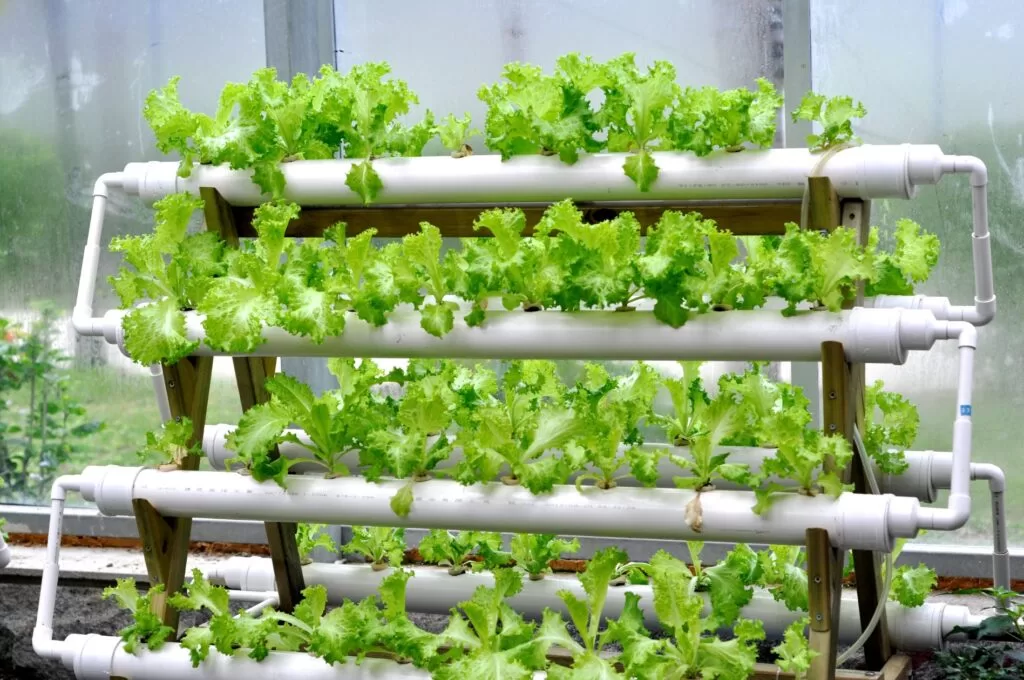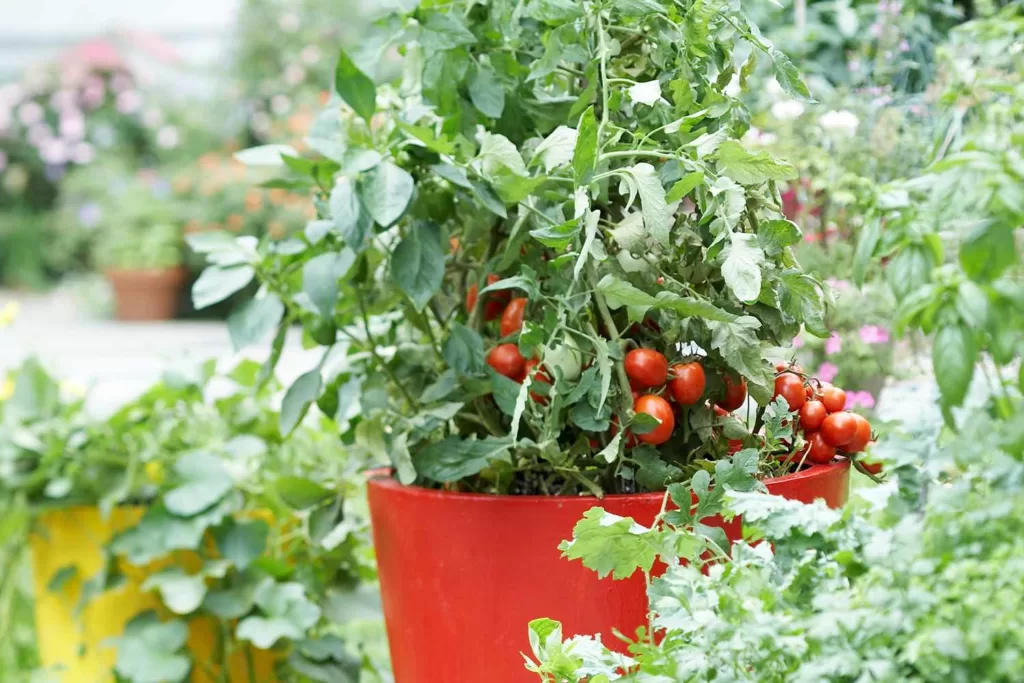It depends on a variety of factors, including the location of the land, its size and condition, and its potential for agricultural use. In general, farm land can be a good investment if it is located in an area with strong demand for agricultural products and has good soil quality and access to water. However, it is important to thoroughly research and evaluate the land before making a purchase, and to consider all of the costs associated with owning and operating a farm, including property taxes, insurance, and maintenance. You should also consider whether you have the necessary skills and resources to manage a farm successfully. It may be helpful to consult with a real estate agent or agricultural expert to help you determine the value of the land and whether it is a good investment for you.
Is 1 acre land enough for farming?
One acre of land is a relatively small farm, and it can be enough to grow a variety of crops, depending on the location and the type of farming you are doing. However, the amount of land you need for farming can vary widely depending on the type of crops you are growing, the climate and soil conditions, and the resources and equipment you have available. Some crops, such as vegetables and small fruit crops, can be grown intensively on a small plot of land, while others, such as grain crops or large-scale livestock operations, may require much more land to be productive. It is also important to consider the cost of inputs such as seeds, fertilizers, and pesticides, as well as the time and labor required to manage the farm. It may be helpful to consult with an agricultural expert or extension agent to help you determine the amount of land you will need to meet your farming goals.
How many acres of land can a person own?
There is no limit to the amount of land that a person can own. However, the amount of land that a person can afford to purchase will depend on their financial resources, as well as the cost of the land in the area where they are interested in purchasing. In addition, there may be legal limits on the amount of land that can be owned by a single person or entity, depending on the laws and regulations of the jurisdiction in which the land is located. It is also important to consider the costs and responsibilities associated with owning and managing a large amount of land, such as property taxes, insurance, and maintenance.
What would you need to consider before purchasing from local farms?
There are several things you should consider before purchasing land from a local farm:
- Location: Consider the location of the farm and how it may affect your ability to access markets or other resources.
- Size and condition: Evaluate the size and condition of the land, including its soil quality, topography, and infrastructure.
- Agricultural potential: Consider the potential for agricultural use, including the types of crops or livestock that can be raised on the land and the local demand for those products.
- Costs: Determine the costs associated with purchasing and owning the land, including the purchase price, property taxes, insurance, and maintenance expenses.
- Legal issues: Review any legal issues or encumbrances that may affect the land, such as zoning restrictions or easements.
- Financing: Consider how you will finance the purchase of the land, including whether you will need to secure a loan or other financing.
It may also be helpful to consult with a real estate agent or agricultural expert to help you evaluate the land and determine whether it is a good investment.
Is farmland a good investment 2023?
Farmland can be a good investment if it is located in an area with strong demand for agricultural products and has good soil quality and access to water. In addition, farmland can provide a steady stream of income through the sale of crops or livestock, and it may appreciate in value over time. However, it is important to carefully evaluate the potential risks and rewards before making a decision to invest in farmland. Factors to consider include the location of the land, its size and condition, the costs and responsibilities associated with owning and operating a farm, and the potential return on your investment. It may also be helpful to consult with a financial advisor or agricultural expert to help you assess the potential risks and rewards of investing in farmland.
As with any investment, it is important to thoroughly research and evaluate the potential risks and rewards before making a decision. Factors to consider when evaluating the potential for farmland as an investment include the location of the land, its size and condition, its potential for agricultural use, and the costs and responsibilities associated with owning and operating a farm. It may also be helpful to consult with a financial advisor or agricultural expert to help you assess the potential return on your investment and the risks involved.
Why buy farmland in 2023?
There are several potential reasons why someone might consider buying farmland:
- Agricultural production: Farmland can be used to grow a variety of crops or raise livestock, providing a steady stream of income through the sale of agricultural products.
- Appreciation: Farmland may appreciate in value over time, especially if it is located in an area with strong demand for agricultural products.
- Diversification: Buying farmland can be a way to diversify an investment portfolio, reducing the overall risk of the portfolio.
- Lifestyle: Some people may be interested in buying farmland as a way to pursue a rural lifestyle or to engage in farming as a hobby or business.
- Conservation: Buying farmland can also be a way to preserve open space and protect natural resources, such as water, soil, and wildlife habitat.
It is important to carefully evaluate the potential risks and rewards before making a decision to invest in farmland. Factors to consider include the location of the land, its size and condition, the costs and responsibilities associated with owning and operating a farm, and the potential return on your investment. It may also be helpful to consult with a financial advisor or agricultural expert to help you assess the potential risks and rewards of investing in farmland.






